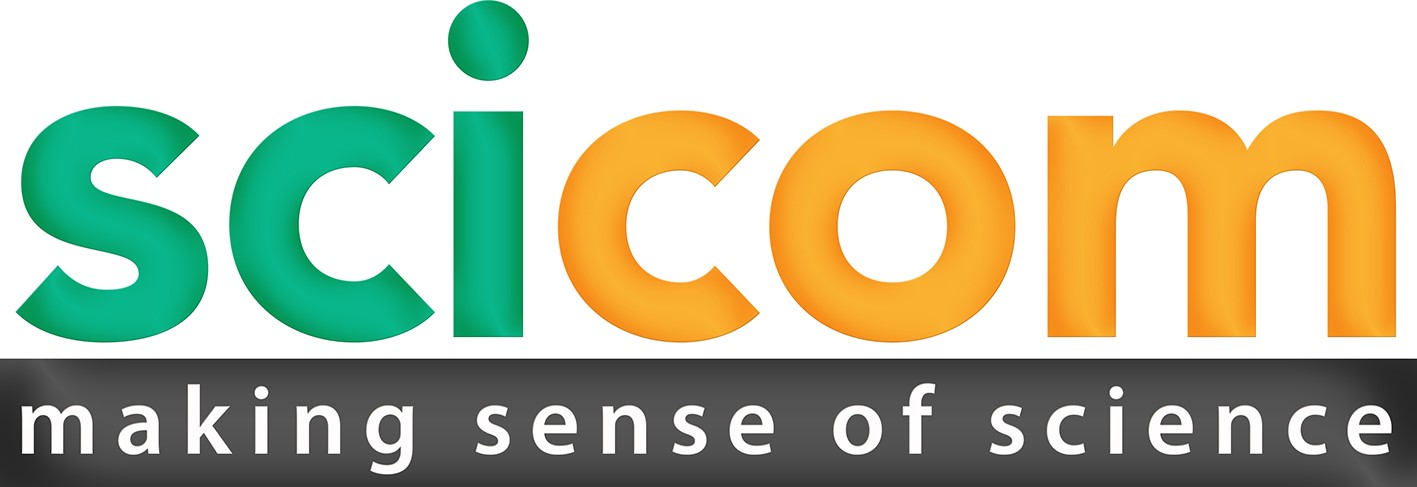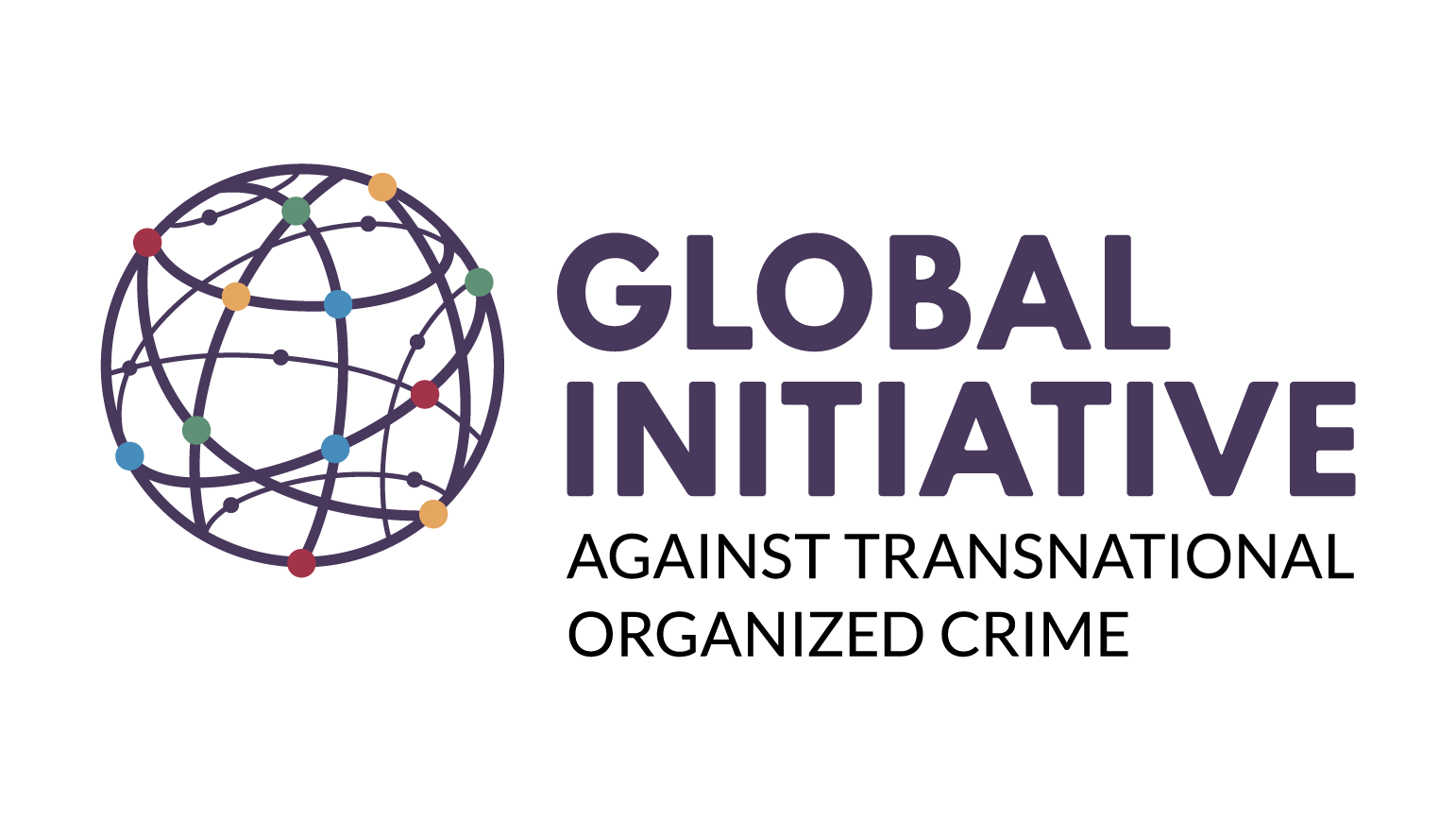Programme / Thematic session I./a Grassroots Communities, Science and Social Justice: Science for more effective and humane drug policies
‹ back to Programme listerDay
Wednesday / 7 DEC
11:30 - 13:00
This panel assesses how the goal of a ‘drug-free world’ backed by a ‘war on drugs’ anchored in ‘science’ and enshrined in international drug control treaties is naïve and dangerous. Naïve, in that prohibition has little impact on drug use, up 45% in twenty years. Dangerous, in that prohibition fuels coerced drug treatments, incarcerations, extrajudicial killings, the death penalty, drives human rights abusers for profit, and contributes to record drug-related deaths. Strict drug laws stoke blood-borne viruses and escalate health epidemics such as HIV, hepatitis C and tuberculosis, or the overdose crisis. Prohibition also limits access to life-saving harm reduction treatments, limits research on medical uses of illicit substances and blocks the prescription of pain relief and palliative medication.
This panel examines why, notwithstanding the clear evidence, science is not being systematically considered in highly politicised drugs policy discussions and decision-making processes. The focus will be on recognising the ever-increasing domino effect of countries now taking the lead in national or local reforms to chip away at the rigidity of the current international drug control framework. They are successfully championing an open, evidence-based dialogue that prioritises a public health and human rights-based approach, essentially helping communities achieve social justice for themselves.
Speakers will provide insights into how they are actively engaging national, regional and international parties including the African Union, the Economic Community of West African States and the United Nations Office on Drugs and Crime. Their follow-up advocacy campaigns with governments, regional and international bodies, civil society and the media, will be detailed. How the Global Commission on Drug Policy builds expert groups to provide often novel data, papers and recommendations, plus insights into the latest reports, will be given.
Of particular WSF significance will be how numerous distinguished Africans from the worlds of politics, civil society, health, security and the judiciary are leading policy reform across the continent. For example, former South African President, Kgalema Motlanthé, Chairman of the newly created Eastern & Southern African Commission on Drugs, will issue a call for action via video. How these and other groups are providing knowledge-based support and direct-action lobbying demanding greater empathy for people injecting drugs and greater understanding of the science, will be highlighted. Representatives of partner organisations such as the Global Initiative against Transnational Organised Crime who are going to talk about ESACD, why is it important and how it’s going to function as well as its aims and TBHIVCARE will be on-hand to argue for greater take-up by African nations of compelling harm reduction science, non-existent in some countries. The panel’s overriding aim is to challenge the way societies view drugs and those who use them.
Moderator:
Speakers:
- Monique Marks, Research Professor, Durban University of Technology
- Adeolu Adebiyi, Member, West African Commission on Drug Policy
- Shaun Shelly, Program Director Drug Policy, TB/HIV Care - Understanding what’s at play when evidence-based policy-making confronts policy-biased evidence-making across Africa.
- Gunasekaran Rengaswamy, Regional Programme Officer, United Nations Office on Drugs and Crime (UNODC-ROSAF)
- Elsadig Mohamedahmed, Senior Expert, Global Initiative Against Transnational Organized Crime (GI-TOC) and Secretariat of the Eastern and Southern African Commission on Drugs (EASCD)
- Chwayita Thobela, Analyst, Global Initiative Against Transnational Organized Crime / Secretariat of ESACD


